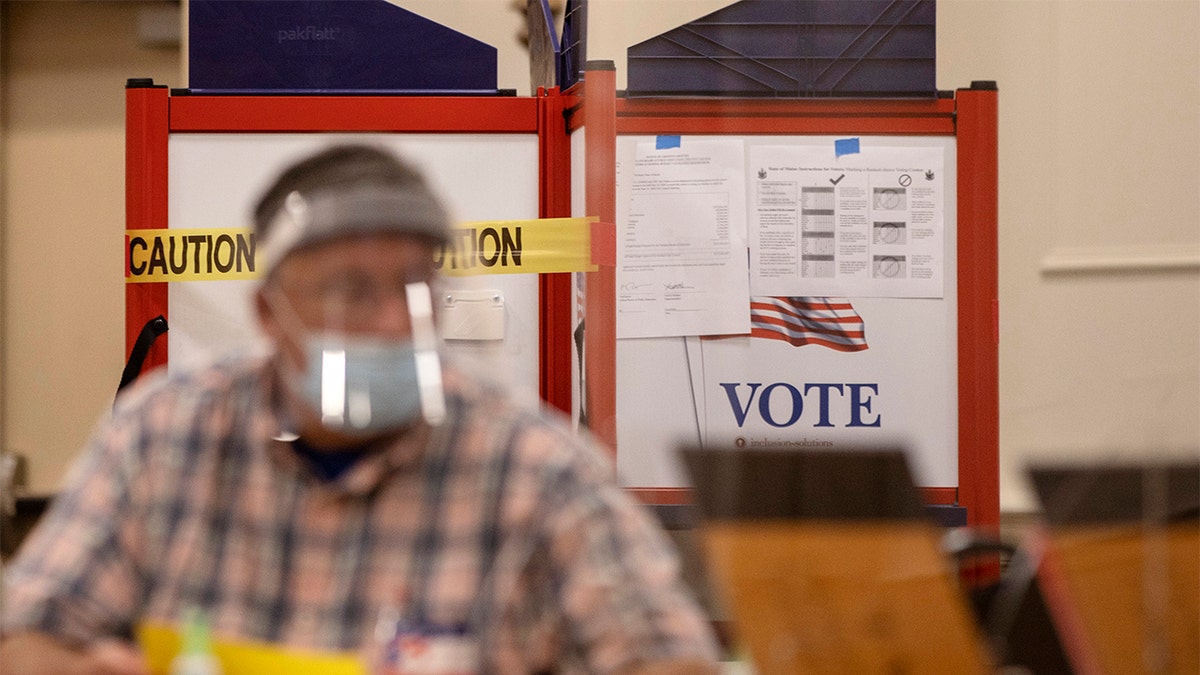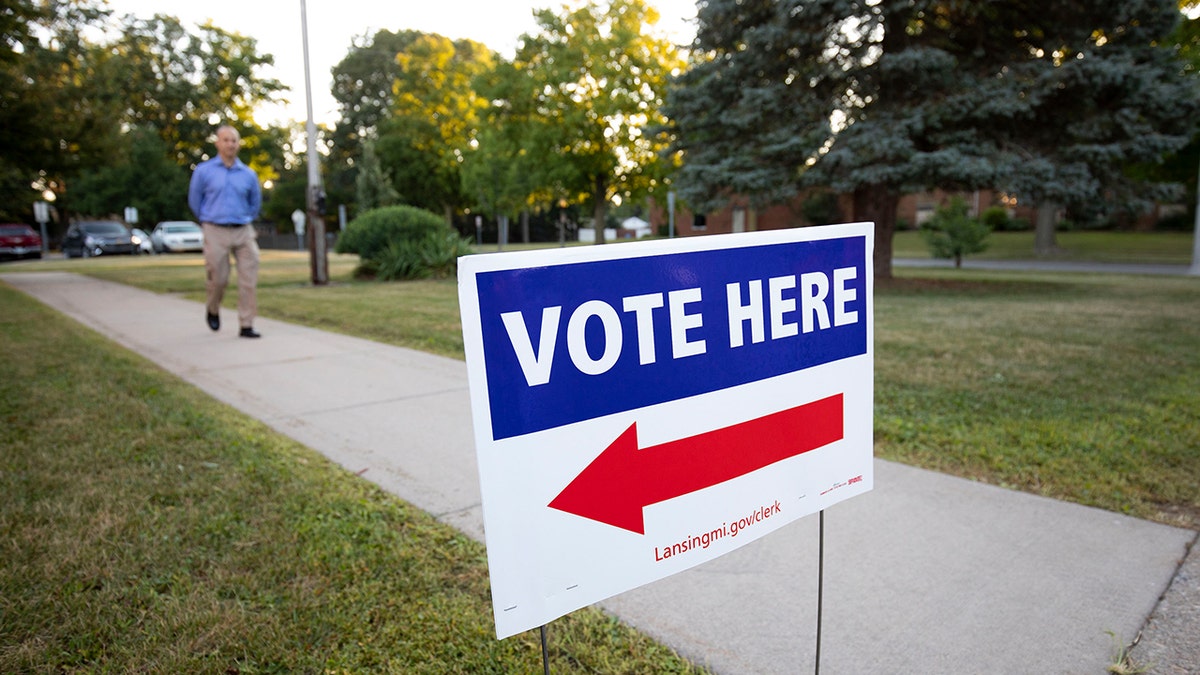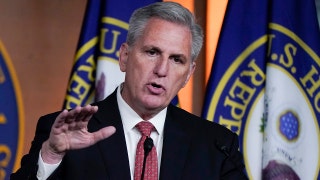Marc Thiessen: Biden complaining about media is ‘galling’
Fox News contributor Marc Thiessen criticizes President Biden for complaining about the press.
Twenty-four hours after New York Times reporter Stuart Thompson attacked an "election denier" claim about an election software firm as a "conspiracy theory," he was forced to report on its CEO's arrest on suspicion of stealing data from poll workers and storing it in China.
On Monday, Thompson published a sympathetic portrayal of a Michigan election software company called Konnech and its CEO in an article with the title and subtitle, "How a Tiny Elections Company Became a Conspiracy Theory Target: Election deniers catapulted a Michigan firm with just 21 U.S. employees to the center of unfounded voter fraud claims, exposing it to vicious threats."
Thompson, a technology reporter "covering misinformation and disinformation," attacked what he called a "conspiracy theory" from "a group of election deniers" over the claim that Konnech has ties to China.
"Using threadbare evidence, or none at all, the group suggested that a small American election software company, Konnech, had secret ties to the Chinese Communist Party and had given the Chinese government backdoor access to personal data about two million poll workers in the United States," Thompson wrote.

Konnech founder Eugene Yu was arrested on Tuesday for "suspicion of theft" after data regarding election workers was found to be stored in China. (Getty Images)
One day later, Eugene Yu, the founder and chief executive of Konnech, was arrested for "suspicion of theft" of poll worker information that was found to be stored in China.
"The top executive of an elections technology company that has been the focus of attention among election deniers was arrested by Los Angeles County officials in connection with an investigation into the possible theft of personal information about poll workers, the county said on Tuesday," Thompson reported in an article titled "Election Software Executive Arrested on Suspicion of Theft."
"The company has been accused by groups challenging the validity of the 2020 presidential election with storing information about poll workers on servers in China," Thompson wrote.
"Mr. Gascón’s office said its investigators had found data stored in China. Holding the data there would violate Konnech’s contract with the county," he continued, after noting that Konnech had denied this to The Times for his article published the day before.

The New York Times building in New York City, New York. (DON EMMERT/AFP via Getty Images)
He said the Los Angeles County district office emphasized that "the alleged conduct had no impact on the tabulation of votes and did not alter election results."
"In a statement, a spokesman for Konnech said that the company was trying to learn the details ‘of what we believe to be Mr. Yu’s wrongful detention,’ and that it stood by statements it made in a lawsuit against election deniers who had accused the company of wrongdoing," Thompson wrote.
Though Thompson frequently promoted his Monday attack against "election deniers" on his Twitter account, he has yet to promote or reference his Tuesday report on Yu's arrest.
NPR correspondent Tom Dreisbach similarly wrote about Yu’s arrest after reporting two weeks prior on "growing legal trouble" for "election deniers" and calling their accusations against Konnech "a spy novelesque story." The Sept. 20 article now includes an editor’s note about the arrest.

FILE: A voter arrives at a polling location to cast his ballot in the Michigan Primary Election on August 2, 2022 in Lansing, Michigan. (Bill Pugliano/Getty Images)
CLICK HERE TO GET THE FOX NEWS APP
Thompson previously went back on his own reporting in April 2021, one year after he originally published a piece claiming that having a COVID-19 vaccine by the end of 2021 was likely "impossible."
After being reminded of the article, Thompson deleted his original tweet of the story but later argued on Twitter that the "entire [point] of the article was showing steps to take a long vaccine timeline and make it short." That tweet was also later deleted.
Fox News' David Rutz contributed to this report.










































